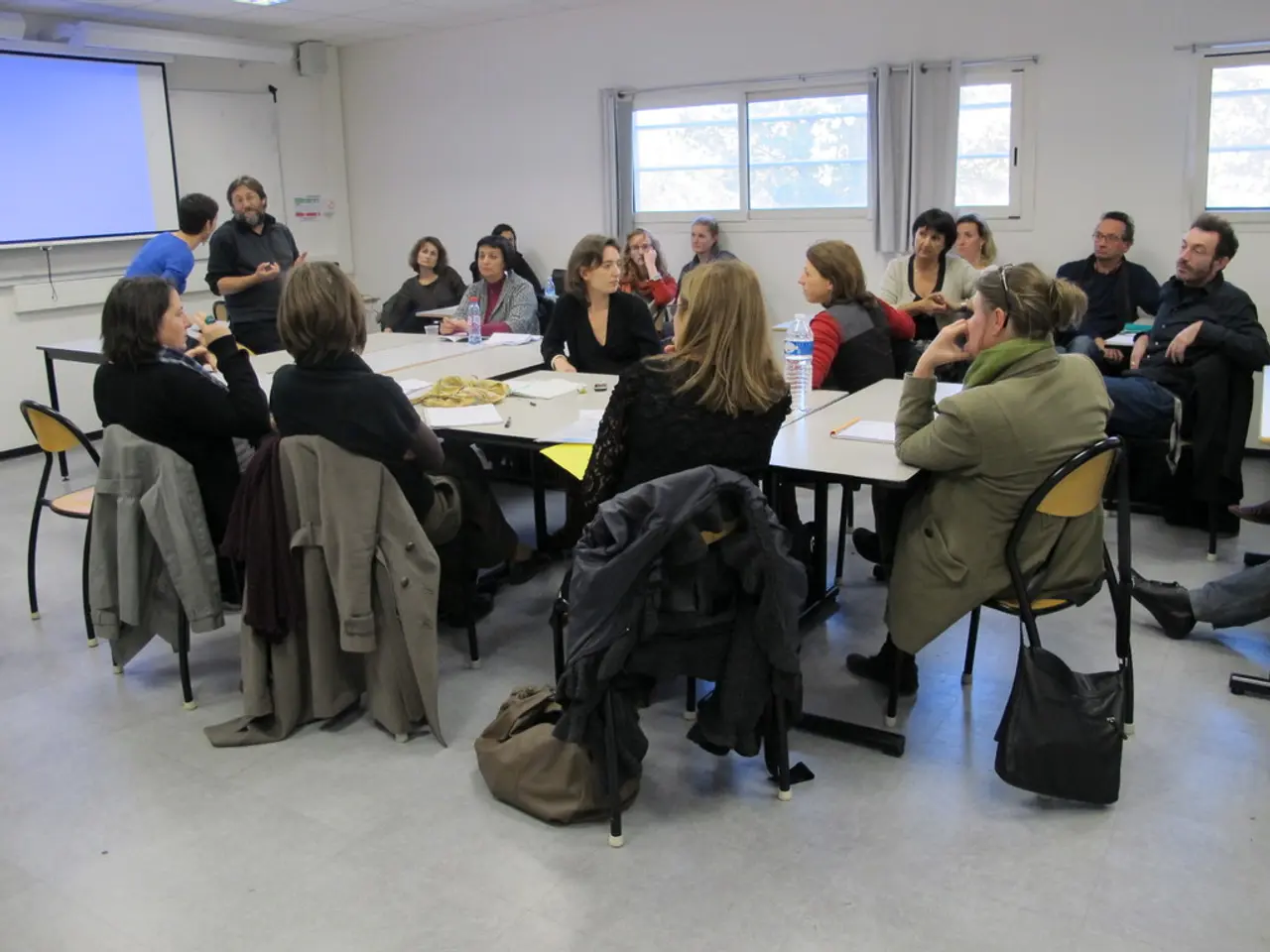Eight Strategies for Avoiding Codependency: Psych Central Guide
Codependency, a complex and often challenging pattern of emotional and psychological reliance in relationships, can develop from various situations, such as living with a caregiver struggling with substance misuse, growing up in abusive households, having codependent parents, dealing with absent caregivers, or even having a parent with a narcissistic personality disorder.
Recognising the signs of codependency is the first step towards recovery. Codependency is often observed in one-sided or abusive relationships, where one partner may feel the need to constantly support the other, who may have a controlling nature or require support due to substance use and addiction. This pattern can lead to low self-esteem, a lack of identity, and feelings of being drained, resentful, or neglected.
Breaking free from codependency is a journey, and you're not alone. There are several strategies that can help. Creating and holding boundaries is crucial. This involves stating what is acceptable and not acceptable, and following through with consequences when a partner treats one in a way that's not acceptable.
Mindfulness can also be a powerful tool. Being "in the moment" allows one to be supportive without falling into a pattern of appeasement. Practicing mindfulness can be achieved through guided meditations, relaxation techniques, and breathwork, which are available through various apps.
Assertive communication is another key factor in breaking codependency. This can involve using "I" statements, being clear and direct, explaining thoughts, keeping eye contact, and being willing to keep up the discussion until a solution is found.
Building self-esteem is another important aspect of recovery. This can be achieved through positive self-talk, writing down positive traits, putting a list of positive qualities where one can see it every day, learning new skills, and knowing what one deserves.
Introspection can help one understand how to not be codependent. This can involve asking oneself questions about self-care, regretful decisions, feelings of drain, resentment, neglect, and identity.
Remembering that one can meet one's own needs and have a life apart from a partner is also essential. Maintaining a life and identity apart from a partner can help break codependency.
Online therapy options and support groups are available to help with recovery from codependency. If you feel codependent traits are keeping you stuck in unhelpful relationship cycles, are contributing to low self-esteem and a lack of identity, or are related to early childhood experiences, speaking with a mental health professional can help.
Building one's identity can help regain independence from a codependent relationship. This can be achieved by creating one's own independent hobbies, goals, and interests. Interdependence, where both partners' actions and feelings impact one another, is associated with closeness and well-being in a relationship, but it's important to ensure that this interdependence doesn't slip into codependency.
Codependency is strongly rooted in painful and traumatic childhood learning. Awareness of these roots and intentional efforts to improve them can make a difference. Recovery from codependency is a journey, but with the right tools and support, it's a journey that can be navigated successfully.
Read also:
- Peptide YY (PYY): Exploring its Role in Appetite Suppression, Intestinal Health, and Cognitive Links
- Toddler Health: Rotavirus Signs, Origins, and Potential Complications
- Digestive issues and heart discomfort: Root causes and associated health conditions
- House Infernos: Deadly Hazards Surpassing the Flames








